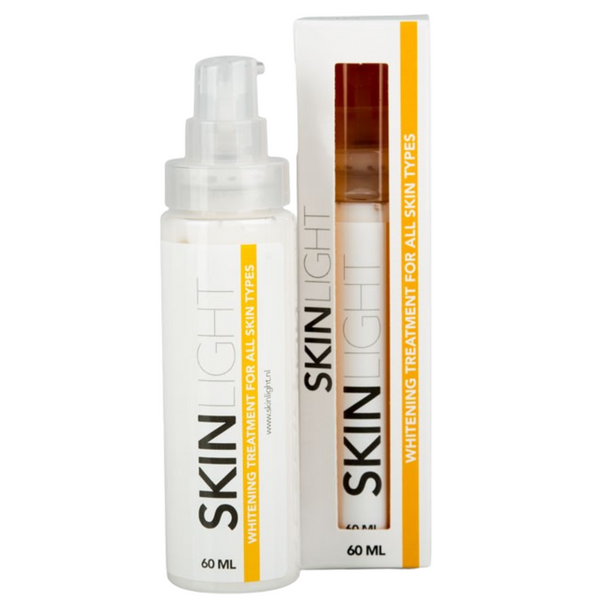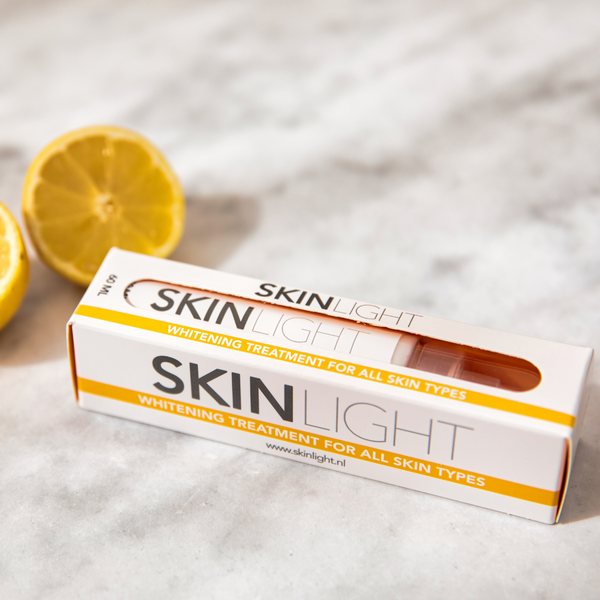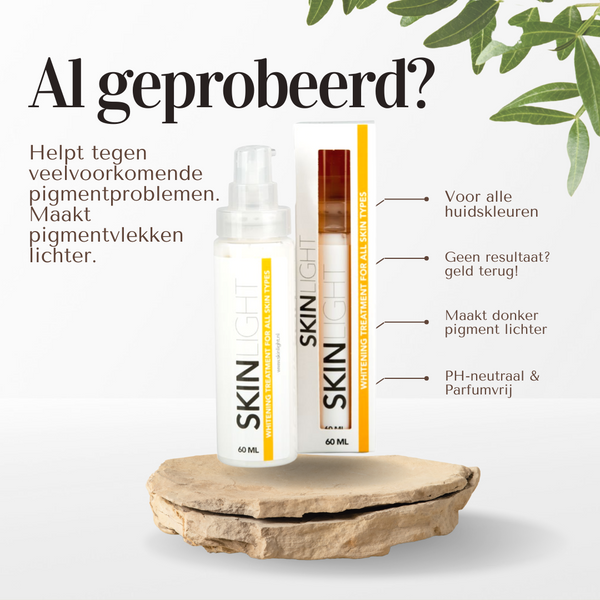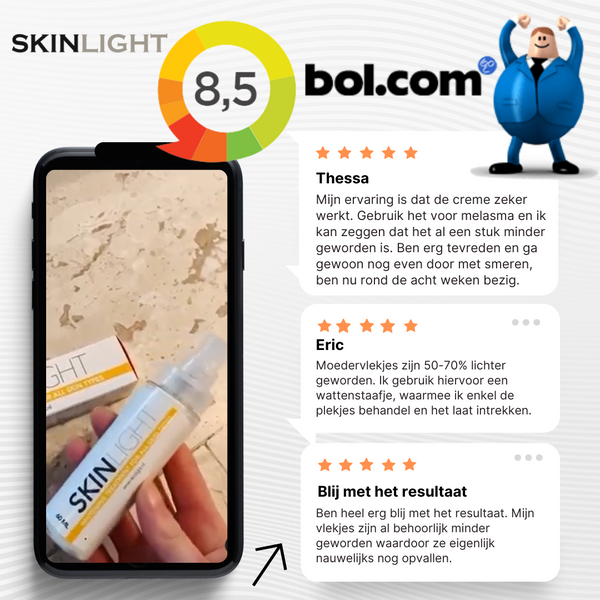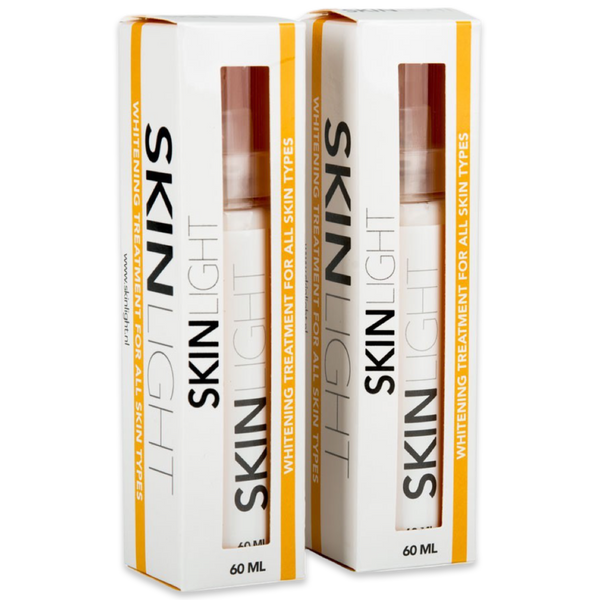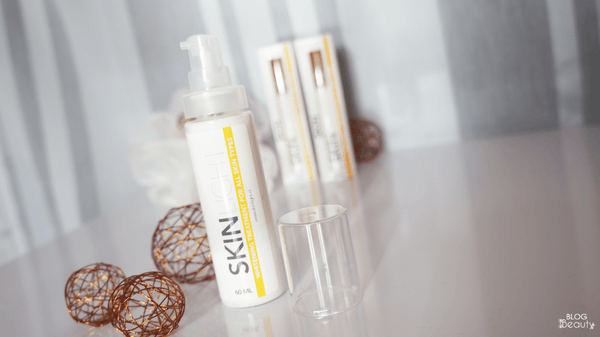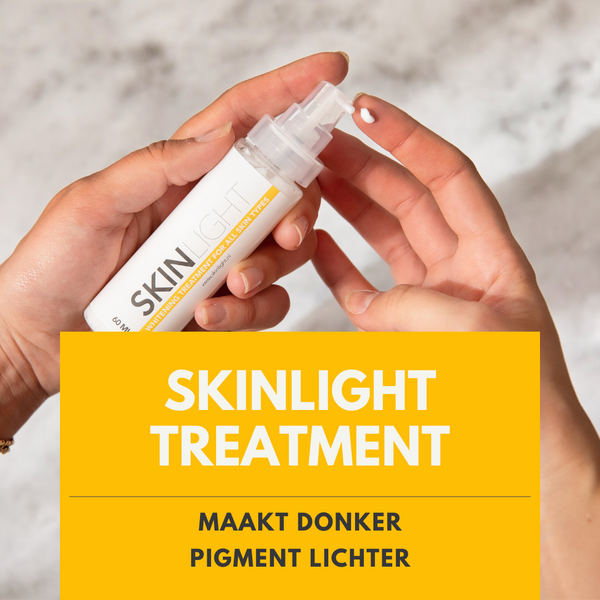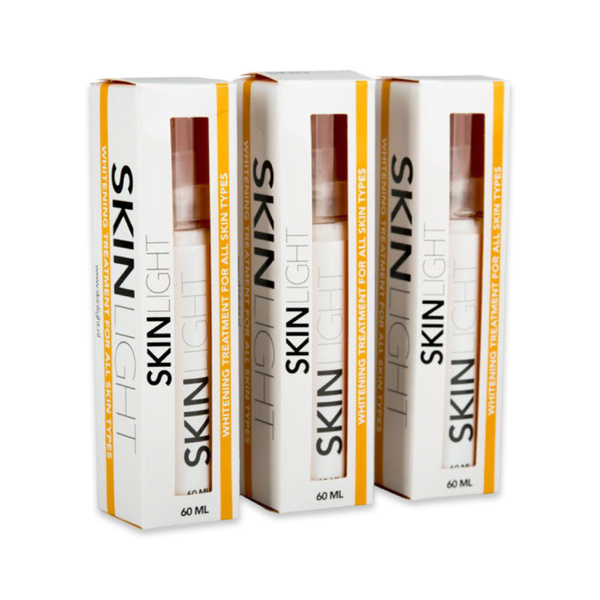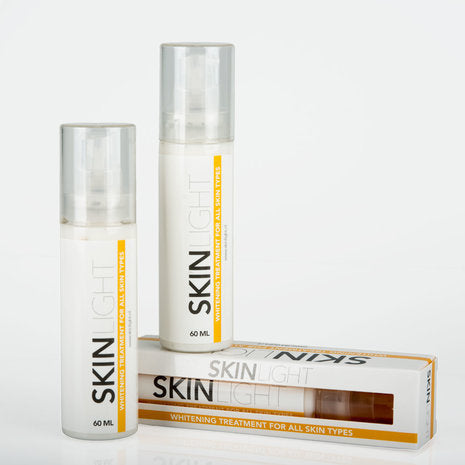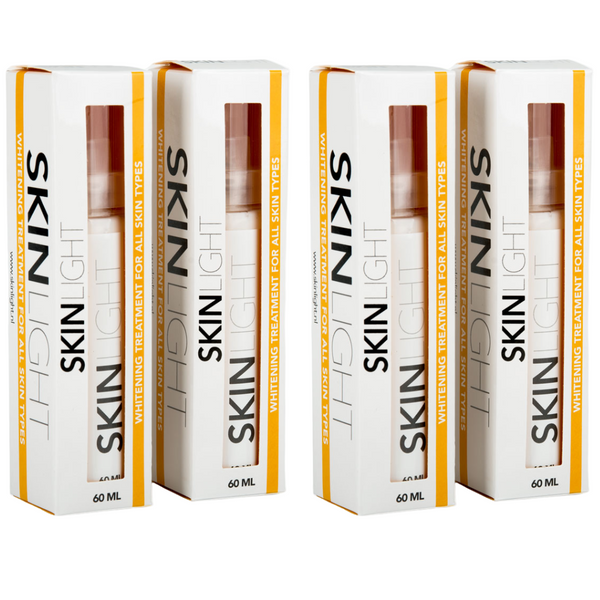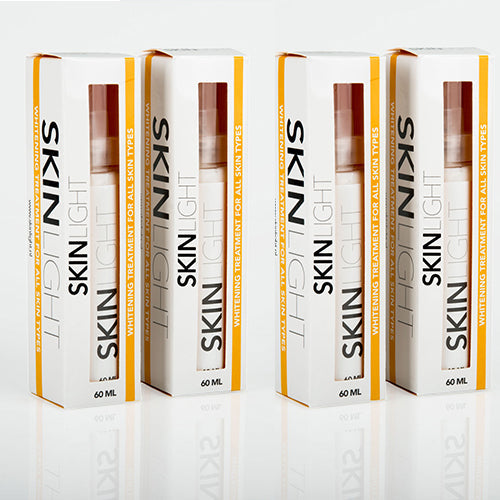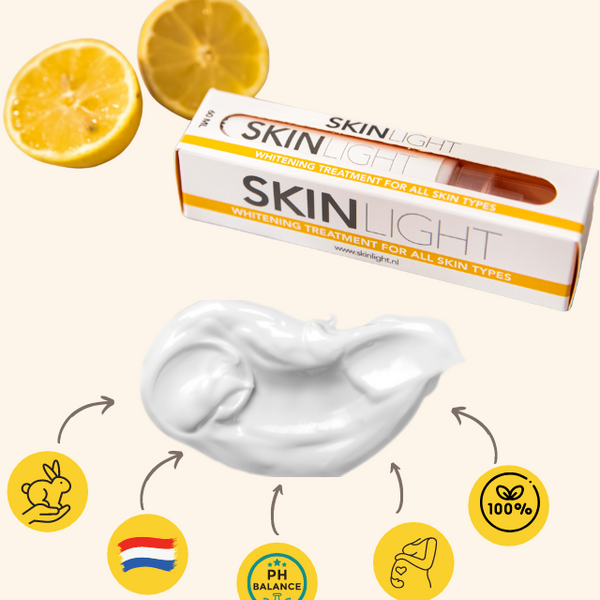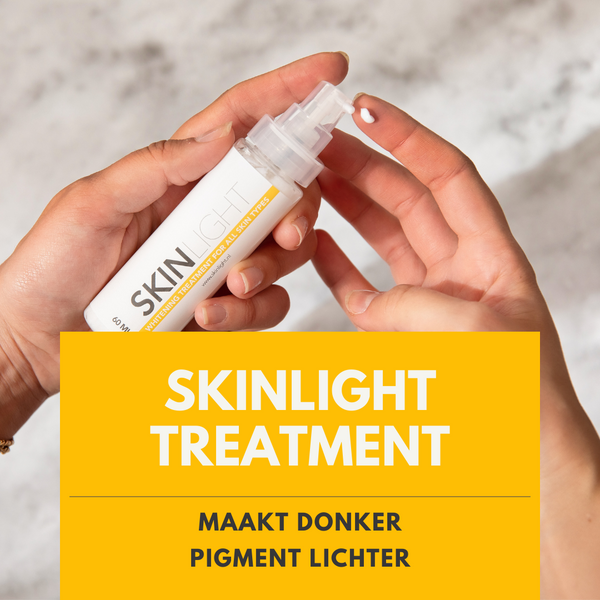Acne is a common skin condition in which the pores in the skin become clogged by sebum and dead skin cells. While acne itself can be annoying enough, it can be even more annoying if scars are left after the acne has healed. In this article, we will tell you all about acne scars and how to treat them.
What Are Acne Scars?
Acne scars are scars that form after acne has healed. When the skin is damaged, the body produces collagen to repair the wound. Excessive production of collagen can cause a bump on the skin. If too little collagen is produced, a pit can form in the skin. These are the so-called pits and bumps that are often seen in acne scars.
What types of acne scars are there?
There are different types of acne scars, including:
-
Icepick scars: These are small, deep pits that resemble tiny holes in the skin.
-
Rolling scars: These scars are wider than icepick scars and have an irregular shape.
-
Boxcar scars: These are rectangular or oval pits with sharp edges.
-
Hypertrophic scars: These scars are raised and look like a bump on the skin.
-
Keloid scars: These are similar to hypertrophic scars, but grow beyond the boundaries of the original wound.
How can acne scars be treated?
There are several treatments that can help reduce acne scars. Below you will find an overview of the most commonly used treatments:
-
Laser treatment: In laser treatment, the skin is treated with laser light, which helps stimulate collagen production and remove damaged skin cells.
-
Dermabrasion: This treatment removes the top layer of the skin, allowing new, healthy skin cells to grow.
-
Chemical peels: In this treatment, a chemical solution is applied to the skin, which removes the top layer of the skin and allows new, healthy skin cells to grow.
-
Micro-needling: with this treatment, small holes are made in the skin with a device with small needles. This stimulates collagen production and replaces damaged skin cells with new, healthy skin cells.
-
Fillers: in this treatment, fillers are used to fill up the skin, making scars less visible.
In addition to the above treatments, there are also
various skin care products that can help reduce acne scars. These products often contain ingredients such as vitamins C and E and retinol, which stimulate collagen production and help renew the skin. It is important to use these products regularly and to be patient as it may take some time to see results.
How can you prevent acne scars?
The best way to prevent acne scars is to treat acne as soon as possible. If you find yourself with acne, it is important to see a qualified dermatologist and get appropriate treatment. This prevents the acne from developing further and leaving scars.
In addition, it is important to take good care of your skin and protect it from the sun. UV radiation can reduce collagen production and damage the skin, increasing the likelihood of scarring. Therefore, always use a sunscreen with a high SPF when you go outside.
Finally, a healthy lifestyle is also important for healthy skin. Eat healthy, drink plenty of water and avoid smoking and excessive alcohol consumption.
Acne scars can be an annoying consequence of acne, but luckily there are several treatments available to reduce them. Laser treatment, dermabrasion, chemical peels, micro-needling and fillers are some of the most commonly used treatments. In addition to these treatments, there are also several skin care products that can help reduce acne scars. It is important to treat acne as soon as possible to prevent scarring. Do not forget to take good care of your skin and protect it from the sun and lead a healthy lifestyle for healthy skin.

